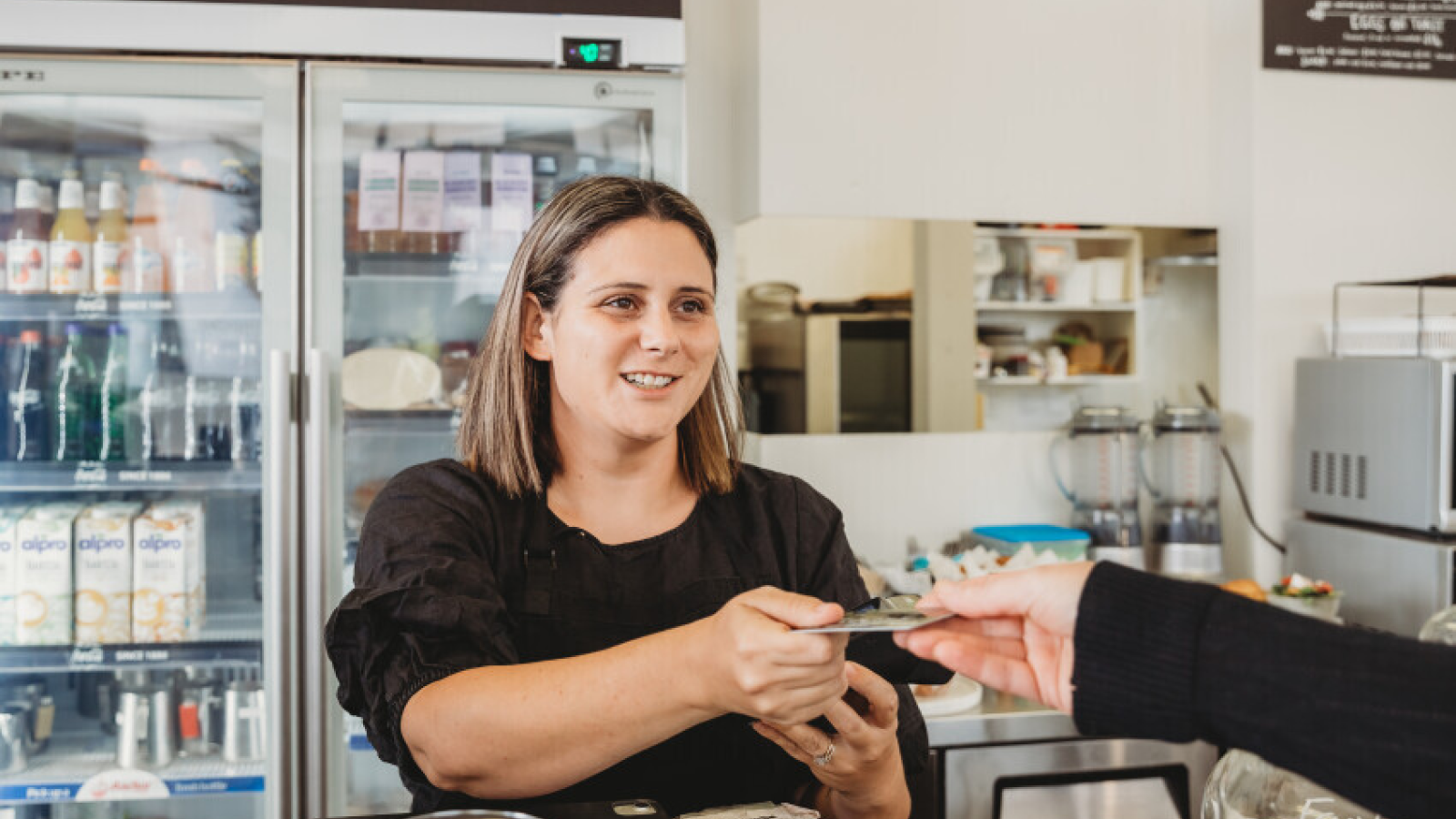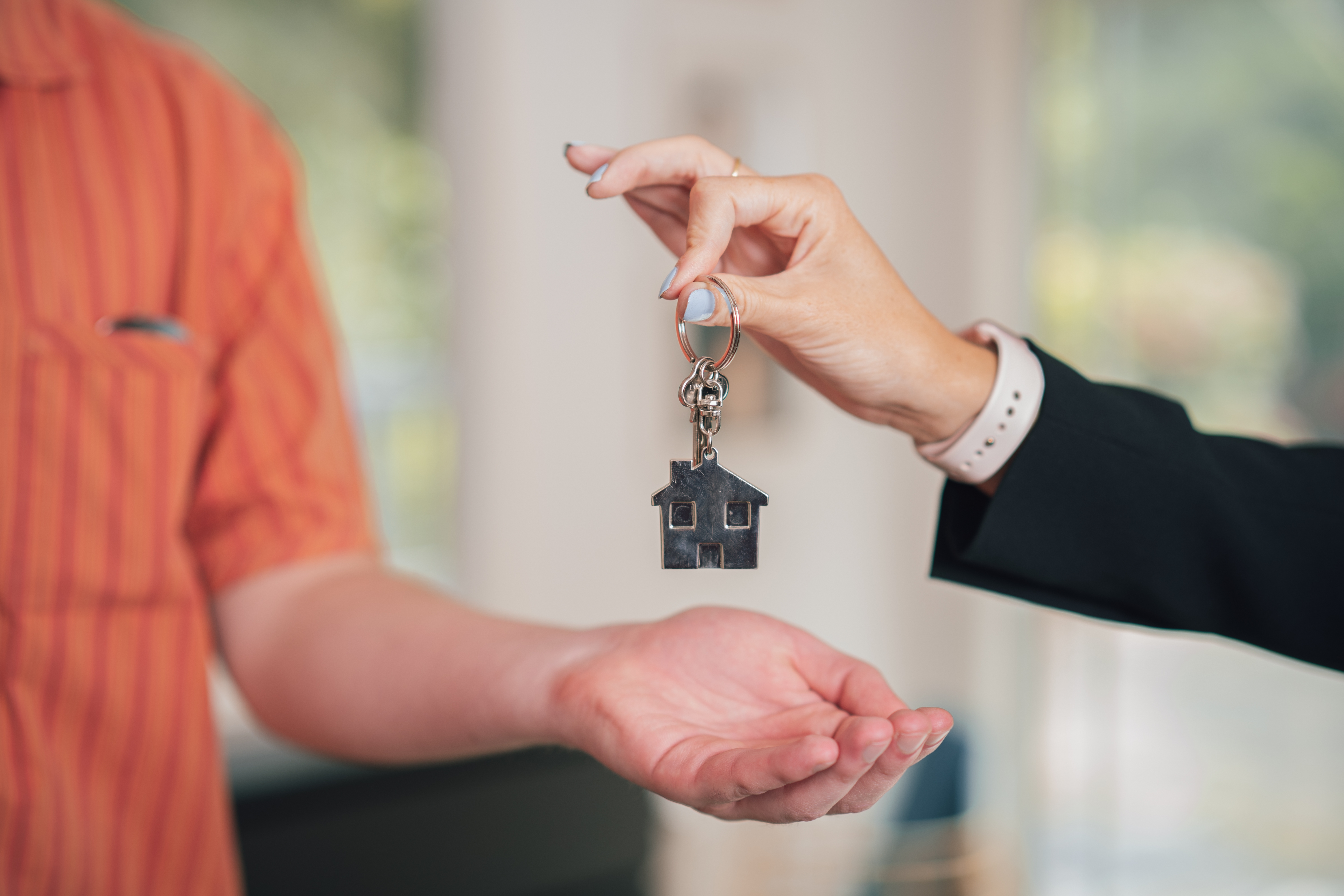Buying guide
Q&A: Saving for a deposit to buy a home
Our experts give advice on budgeting, investing and growing your savings to help with your deposit goals.

What you’ll learn:
You’ve decided to start saving for a house. How can you start accumulating savings that you won’t and can’t touch?
Hannah McQueen, enable.me founder and financial adviser
How can buyers calculate what their savings goal should be to buy a home?
How are future home buyers looking after their house savings as they go?
What if parents want to help with the deposit? What’s the best way they can do this?
How long does it take people to save for a home?
Mikey Smith, Managing Director of Guardian Smith
Should your first house cost about 6 times your income? Or is that unrealistic?
What deposit will you need in the current market to get finance to buy?
How much of your KiwiSaver fund can you use for a house deposit? And is there an age limitation?
If you tell your lender that you plan to have flatmates to help pay your mortgage, will they lend you more?
If you’re a first home buyer who isn’t getting any help from their parents, who else can you partner with?
Author
Search
Other articles you might like








